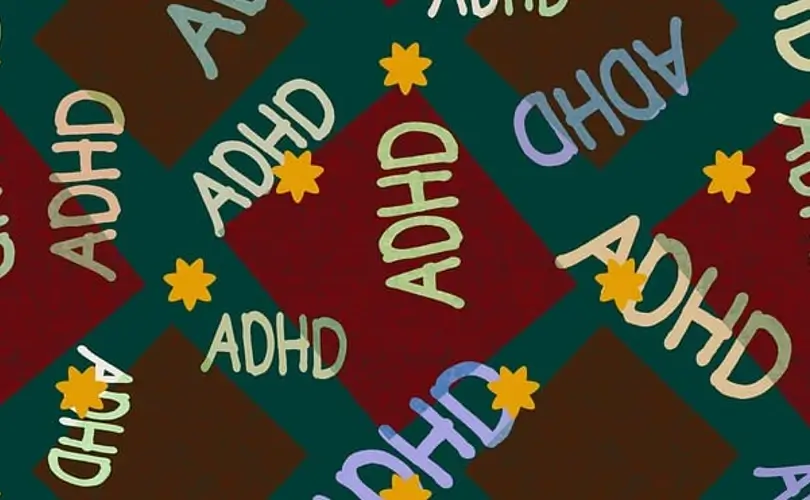These symptoms may accompany ADHD in children. For example, one of the signs of ADHA in children is difficulty waiting for things to finish. This may occur in a grocery store or another location where youngsters must wait their turn. As a result, individuals may need help waiting their turn in talks and frequently interrupting others. It is also likely that they struggle to make friends.
Stimulants
Children with attention deficit hyperactivity disorder (ADHD) may require various stimulants for treatment. There is a potential that only a subset of children will respond positively to a particular stimulant. Therefore, it is conceivable that the dosage might be increased or decreased. The dosage is not based on a child’s weight and can be adjusted during treatment. A pediatrician will closely watch the child’s response to a stimulant.
Stimulants are the conventional treatment for Attention-Deficit/Hyperactivity Disorder (ADHD). They may be provided alone or with other therapeutic methods, such as behavior therapy. Approximately 70% of adults and 80% of children can reduce hyperactive symptoms with these treatments. Additionally, they may improve interactions between the home and school. In most instances, the positive benefits of these medications persist throughout treatment. However, extensive research conducted over an extended time is necessary to evaluate whether the drugs can enhance academic performance.
Children with attention deficit hyperactivity disorder (ADHD) who take medication for the disease frequently struggle to fall or remain asleep. If your prescription keeps you up at night, try taking it earlier in the day or switching to one that wears off faster. Discuss dosage adjustments with your child’s pediatrician if they have difficulty sleeping while taking medicine.
Behavior-Based Treatment
It may be time to seek assistance if you observe your child participating in unusual behavior patterns. For example, even though temper tantrums and other forms of emotional outbursts are normal, persistent or disruptive behavior can hinder a child’s capacity to learn, communicate, and interact with others. Analyzing the problematic behavior, developing a plan to address it, and implementing it constitute the core of behavioral therapy, also known as applied behavior analysis.
If your child has difficulty controlling their emotions, they may suffer from anxiety. Children who experience anxiety are likelier to live with their emotions on high all their lives. Additionally, these youngsters may have difficulties executing ordinary chores. As a result, they may become angry, lose interest in activities they formerly enjoyed, and even consider ending their life or committing suicide.
Cognitive-behavioral therapy is a strategy that requires collaboration. This kind of psychotherapy is beneficial for treating emotional difficulties, such as depression and low self-esteem. It studies the relationships between our thoughts, emotions, and behaviors. For example, a child’s emotions are often strongly related to how adults perceive a situation.
Children who feel alone or who are bullied can also benefit from therapy. As a result, they may learn how to develop effective coping mechanisms and manage challenging situations. Additionally, counseling supports youngsters in recognizing when they may be experiencing suicidal ideation.

